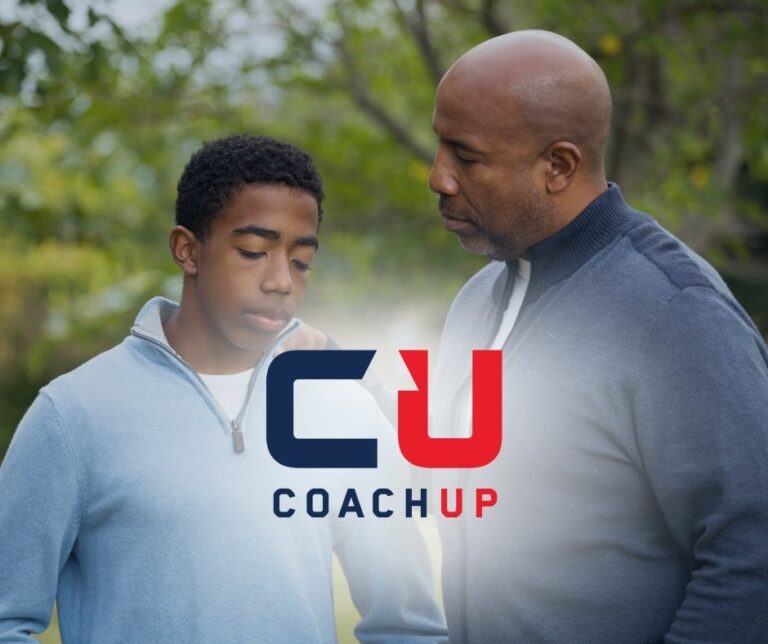Every young athlete reaches a point when the joy of sports begins to fade. Maybe practices start feeling more like pressure than play. Maybe confidence dips after a few tough games, or fatigue sets in from balancing school, training, and everything in between. When that moment comes and a child says, “I think I want to quit,” it can be difficult for parents to know how to respond.
The truth is, what a child really needs in that moment isn’t a quick solution — it’s understanding. How parents handle this conversation can shape not just their child’s athletic experience, but how they approach challenges for years to come.
Listen Before You Lead
When a child expresses frustration, the instinct is often to fix the problem immediately. Instead, begin by listening. Ask open-ended questions:
- What’s been bothering you lately about your sport?
- When did you start feeling this way?
- What do you think would make it more enjoyable again?
The goal isn’t to change their mind right away, but to understand what’s driving the emotion behind their words. Sometimes, the desire to quit stems from burnout, not from a loss of love for the game.

Identify the Root Cause
Once the conversation is open, look for what’s really going on beneath the surface. Are they feeling overwhelmed by their schedule? Are they struggling with confidence after a string of mistakes? Do they feel pressure from teammates, coaches, or expectations?
Each cause calls for a different kind of support. If burnout is the issue, a short break might help. If confidence is low, setting small, achievable goals can rebuild belief. Understanding why they want to quit allows parents to offer the right kind of encouragement instead of generic advice.
Redefine Success Together
Many young athletes tie their self-worth to performance. When the game isn’t going their way, they may feel like they’re failing altogether. Help redefine what success looks like. Instead of focusing on stats or wins, highlight effort, attitude, and growth.
Ask questions like:
- What’s something you’ve improved on this season?
- What do you enjoy most about being part of your team?
By shifting the focus away from outcomes, parents can help athletes rediscover what originally made the game fun.

Provide Space Without Pressure
Sometimes, what an athlete needs most is a mental breather rather than a permanent exit. Allow them time to step away from competition, even for a short while. Encourage unstructured competition, pickup games, or cross-training in another activity to take their mind off the pressure of performance.
It’s also important to avoid guilt or ultimatums. Comments like “You can’t quit now” or “Don’t waste all the time we’ve spent” can make an athlete feel trapped rather than supported. A more effective message is, “Let’s take a break and see how you feel.”
Reignite the “Why”
If your athlete chooses to continue, help them reconnect with their “why.” Why did they start playing in the first place? What do they love most about the game? Whether it’s the feeling of competing, the bond with teammates, or the challenge of improving, rediscovering that internal motivation can reignite their passion.
Sometimes, parents can even bring perspective by reminding their child of the bigger picture. Sports teach life lessons — perseverance, teamwork, accountability — that extend far beyond the field or court. Helping them see the value in the process over just the outcome can renew motivation.
When It’s Truly Time to Move On

There are times when walking away is the healthiest choice. If the sport is causing ongoing stress, anxiety, or unhappiness that outweighs its benefits, it may be time to step back for good. Support that decision without framing it as failure.
Remind your athlete that stepping away from one sport doesn’t mean stepping away from being active or competitive. Many young athletes go on to find fulfillment in a different sport or activity. What matters most is maintaining a positive relationship with physical activity and personal growth.
Final Thoughts
When a child wants to quit sports, it’s an opportunity for parents to lead with empathy, patience, and perspective. These are the moments that build trust and resilience. Both in sport and in life. Whether your athlete decides to stick with it or move on, the real goal is to help them feel seen, supported, and confident in their choices.
With our 100% money-back guarantee and vetted coaches, anyone can achieve their full athletic potential. CoachUp is the safest and easiest way to find a coach for personalized training. Find your perfect coach today and become the athlete you want to be!
How useful was this post?
Click on a star to rate it!
Average rating 5 / 5. Vote count: 7
No votes so far! Be the first to rate this post.



